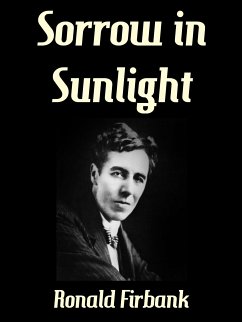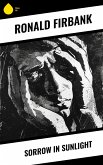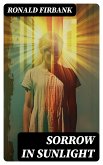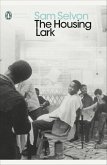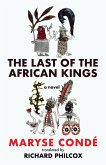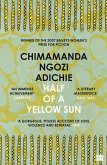For modern audiences, his texts may prove a bit problematic, however, due to elements which are now considered racist. Please keep in mind the era in which the story was originally written as you read it.
This book has been lightly edited to remove the worse of its offensive language. The dialect passages have been left as they are a major part of the story. The few alternations should be invisible to readers.
Dieser Download kann aus rechtlichen Gründen nur mit Rechnungsadresse in A, B, BG, CY, CZ, D, DK, EW, E, FIN, F, GR, H, IRL, I, LT, L, LR, M, NL, PL, P, R, S, SLO, SK ausgeliefert werden.

